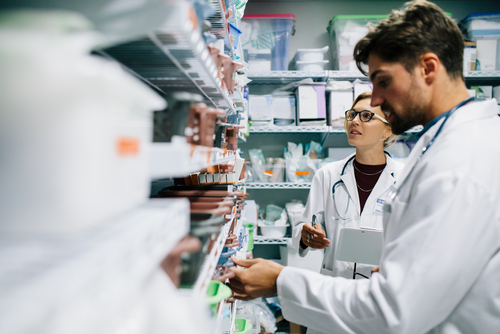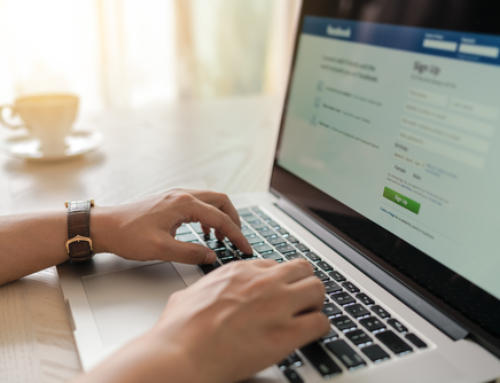Ibogaine is a psychoactive alkaloid illegally used in the United States for treating opiate addiction. Healthcare providers and researchers are desperate to find solutions to the opioid crisis but may be overlooking a possible cure in the meantime. Find out why there are risks and benefits to the use of Ibogaine.
History of Ibogaine
Ibogaine is a psychoactive alkaloid that comes from the tabernanthe iboga plant. In the past, members of a religion in western Africa have used it in healing ceremonies and initiation rituals. The power is obtained by crushing the root of the iboga plant. It is considered ‘sacred medicine.’ the use of ibogaine was looked at for opioid addiction treatment in the mid 1980’s. Research recently has shown significant reduction of opioid withdrawal symptoms and temporary elimination of cravings but remains illegal in the United States.
Overcoming Addiction
The use of ibogaine to overcome addiction to heroin, for instance, can help mitigate withdrawal symptoms. An unexpected side effect may take hold that people are not aware of when using ibogaine. Some reports link heart problems to ibogaine use. Ibogaine interferes with the heart’s electrical signals and significantly lowers the heart rate, resulting in muscle damage to the heart. It is estimated one in 400 people die from taking the drug due to undiagnosed, pre-existing heart conditions. Other side effects include:
- Nausea and vomiting
- Ataxia (loss of control over body movements)
- Hallucinations
- Tremors
Ibogaine is considered a Schedule I substance, much like heroin, and is described as having no medicinal use and a high potential for abuse. Anytime a person has addiction, it is always possible to experience crossover addiction risks with any substances.
Even with the increased risks, people can benefit from the use of ibogaine for addiction treatment under the right circumstances. Ibogaine can work to bring stability on low-dose methadone, for instance, and with the right support may help people through withdrawal symptoms. The key is to communicate with treatment centers and providers about the desire to try different alternatives to addiction treatments that may be right for your individual circumstances.
The Springboard Center’s addiction treatment programs are tailored to meet the needs of each client. Our goal is to find ways of supporting your individual recovery that will be helpful on your journey of healing.. We utilize group processes we believe help you spend time with other people affected by the same chronic disease and problems. 432-620-0255




